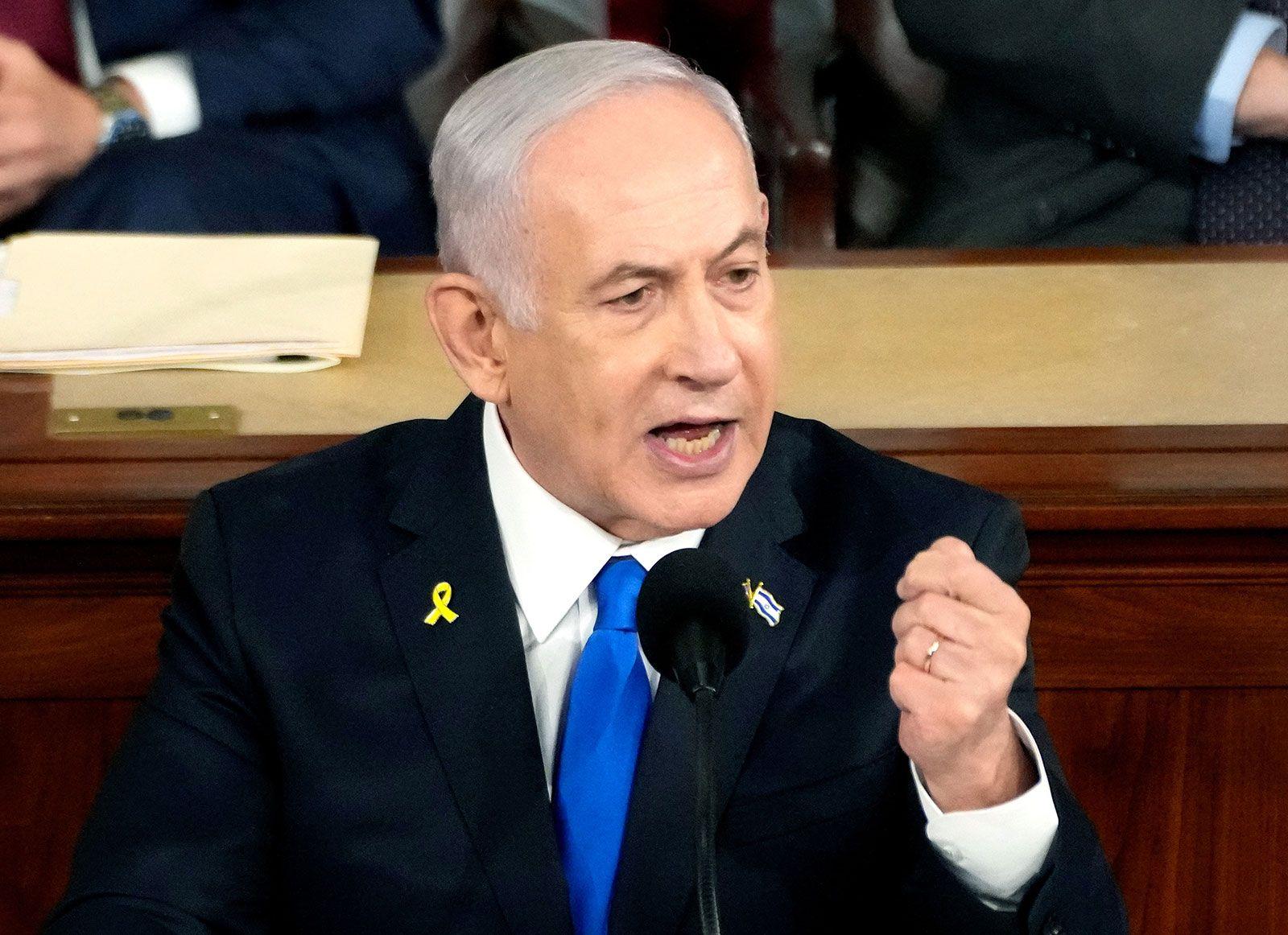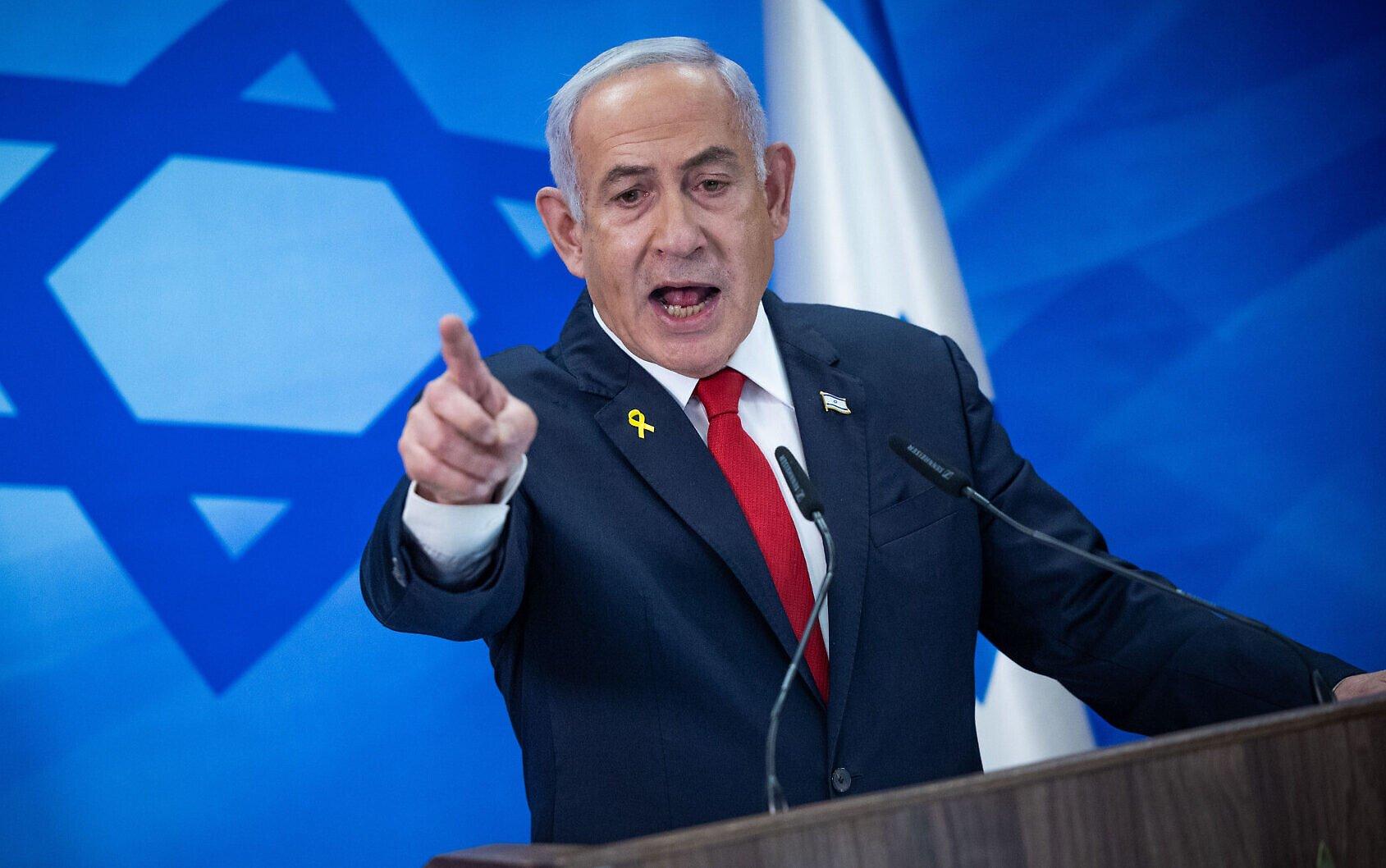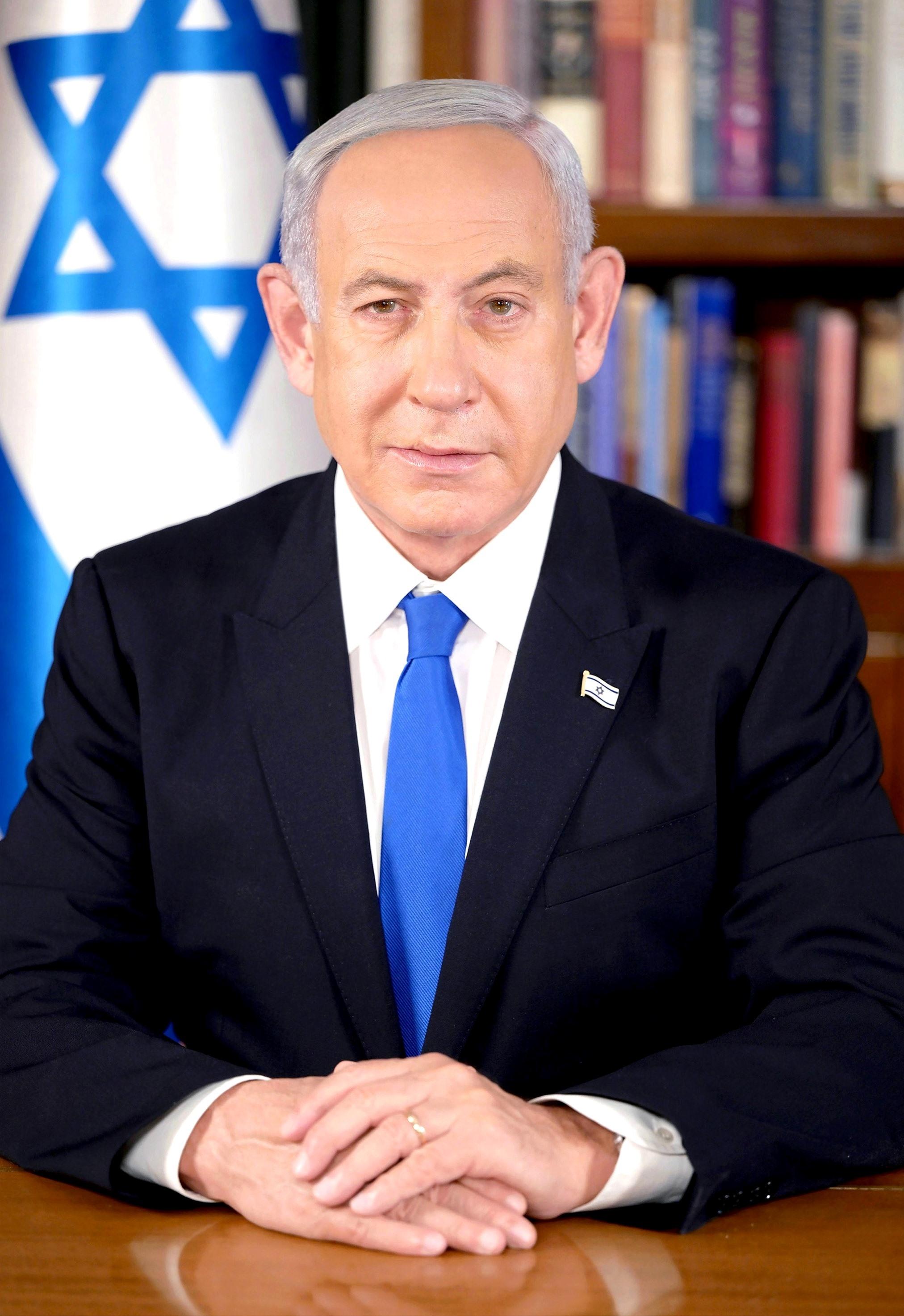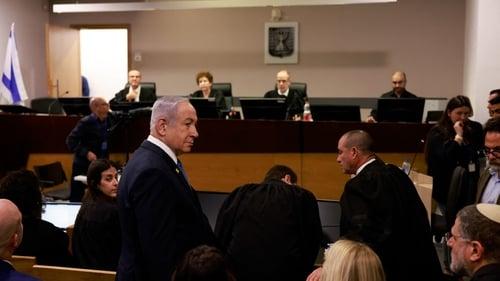key Allegations Unveiled: Understanding the Three Cases Against Netanyahu
the allegations against Benjamin Netanyahu encompass a trifecta of cases that have galvanized public opinion and sparked intense legal scrutiny.At the heart of these accusations lies Case 1000, which centers on allegations of receiving lavish gifts from wealthy benefactors. The list of items reportedly includes expensive cigars, champagne, and other luxury goods, valued at over a million shekels. Critics argue that such gifts undermine the integrity of public office and create a quid pro quo environment, while netanyahu claims the gifts were merely tokens of friendship, reinforcing his stance that no wrongdoing occurred.
Case 2000 shifts the focus to conversations between Netanyahu and Arnon Mozes, the publisher of a major Israeli newspaper. Allegations suggest that Netanyahu attempted to negotiate favorable coverage in exchange for limiting the influence of a competing media outlet. This charge raises significant concerns about press freedom and the potential manipulation of media narratives by powerful figures. Lastly, Case 4000 involves accusations of bribery and breach of trust linked to regulatory decisions favoring Bezeq, Israel’s largest telecommunications company, in exchange for positive media coverage. Each of these cases intricately weaves a narrative questioning the ethical boundaries of leadership, and the implications of these allegations continue to reverberate throughout Israeli society.

The political Ramifications: How the Trial could Shape Israel’s future
The ongoing trial of prime Minister Benjamin Netanyahu represents more than just a legal battle; it is a pivotal moment that could redefine the political landscape of Israel for years to come. With Netanyahu at the helm during an epoch of deep societal divides, the trial has potential repercussions that extend beyond courtroom verdicts. As tensions mount among supporters and opponents, the outcome could pave the way for notable shifts in party alignments and influence future electoral strategies. In particular, the trial may impact various political factions, including:
- The right-wing Bloc: A decisive ruling in Netanyahu’s favor could galvanize nationalist sentiments, but a conviction might fracture the coalition, leading to a power vacuum.
- Emerging political movements: public discontent regarding corruption could fuel the rise of new political entities, providing a platform for candidates distancing themselves from established parties.
- Engagement with the electorate: The trial’s proceedings may provoke a renewed focus on transparency and accountability, pushing political parties to adopt reforms appealing to an increasingly skeptical public.
The ramifications of this trial extend into the heart of Israeli democracy, illuminating the growing tension between rule of law and political power. As Netanyahu’s supporters rally around him, framing the allegations as a politically motivated attack, their opponents argue that the trial represents a critical test of democratic institutions.Should Netanyahu’s legal troubles persist, they may catalyze a broader conversation about corruption in governance, influencing voter sentiment in future elections and possibly leading to systemic changes within Israel’s political culture. Key considerations in this evolving narrative may include:
- Voter Mobilization: Increased activist efforts on both sides are expected, invigorating discussions on the core values that underpin israeli democracy.
- International Relations: The trial’s resolution might also affect Israel’s standing abroad, concerning alliances and foreign policy initiatives.
- Public Trust: Ultimately, how this trial is perceived may either bolster or diminish public confidence in governmental institutions, shaping the intergenerational relationship between citizens and their leaders.

From Legal Defense to Public Perception: Netanyahus strategy in the Courtroom
As Benjamin Netanyahu stands trial for alleged corruption, his strategy appears to transcend mere legal maneuvering, aiming instead to reshape public perception. By positioning himself as a victim of political persecution, Netanyahu seeks to rally support from his base while simultaneously casting doubt on the credibility of the accusations against him. His defense team is employing a range of tactics designed to spotlight what they describe as a politically motivated legal framework, a narrative that resonates with his supporters and portrays the judicial system as an adversarial force rather than an impartial arbiter of justice.
Key elements of Netanyahu’s courtroom strategy include:
- Framing the Narrative: His legal representatives emphasize the notion that the charges stem from an orchestrated effort to undermine his political position.
- Public Engagement: Frequent appearances and statements on social media allow Netanyahu to communicate directly with the electorate, reinforcing his message of resilience.
- Leveraging Allies: He garners support from prominent political figures who echo his claims of injustice, amplifying his narrative within the broader political landscape.
By intertwining his legal defense with a refined media strategy, Netanyahu aims to control the narrative around his trial, ensuring that public discourse remains focused on themes of persecution and resilience. This approach not only strengthens his political capital but also complicates the judicial proceedings, as public opinion becomes an increasingly potent element in the complex interplay of law and politics.

Navigating Accountability: The Role of Media and Public Opinion in the Trial
The intersection of media coverage and public sentiment plays a crucial role in shaping the narrative around high-profile trials, notably in cases laden with political implications. The ongoing trial of Benjamin Netanyahu, Israel’s former Prime Minister, exemplifies this dynamic. As details unfold regarding the alleged corruption cases,media outlets have become pivotal in bringing information to the forefront,influencing public perception. Coverage varies considerably,with some outlets portraying netanyahu as a victim of political witch hunts,while others emphasize the seriousness of the allegations against him. This media landscape fosters a polarized environment where public opinion can sway dramatically based on the framing of facts and arguments presented.
Moreover, the role of social media cannot be overstated in this age of instant information dissemination. Platforms like Twitter and Facebook serve as battlegrounds for opinions,where supporters and detractors rally to voice their views,often with emotional fervor. Significant points of discussion include:
- The integrity of the justice system: Many citizens question whether Netanyahu can receive a fair trial, given the public scrutiny.
- Political ramifications: The outcomes of the trial could reshape the political landscape in Israel, leading to debates over governance and electoral integrity.
- Trust in media: As narratives are constructed and disseminated, public trust in various media outlets is challenged and reshaped, influencing how information is consumed.
In this context, accountability is not only evaluated through judicial proceedings but also through the lens of media representation and evolving public sentiment. As the trial progresses, the interplay between these elements could have profound implications for Israeli democracy and the societal fabric at large.
